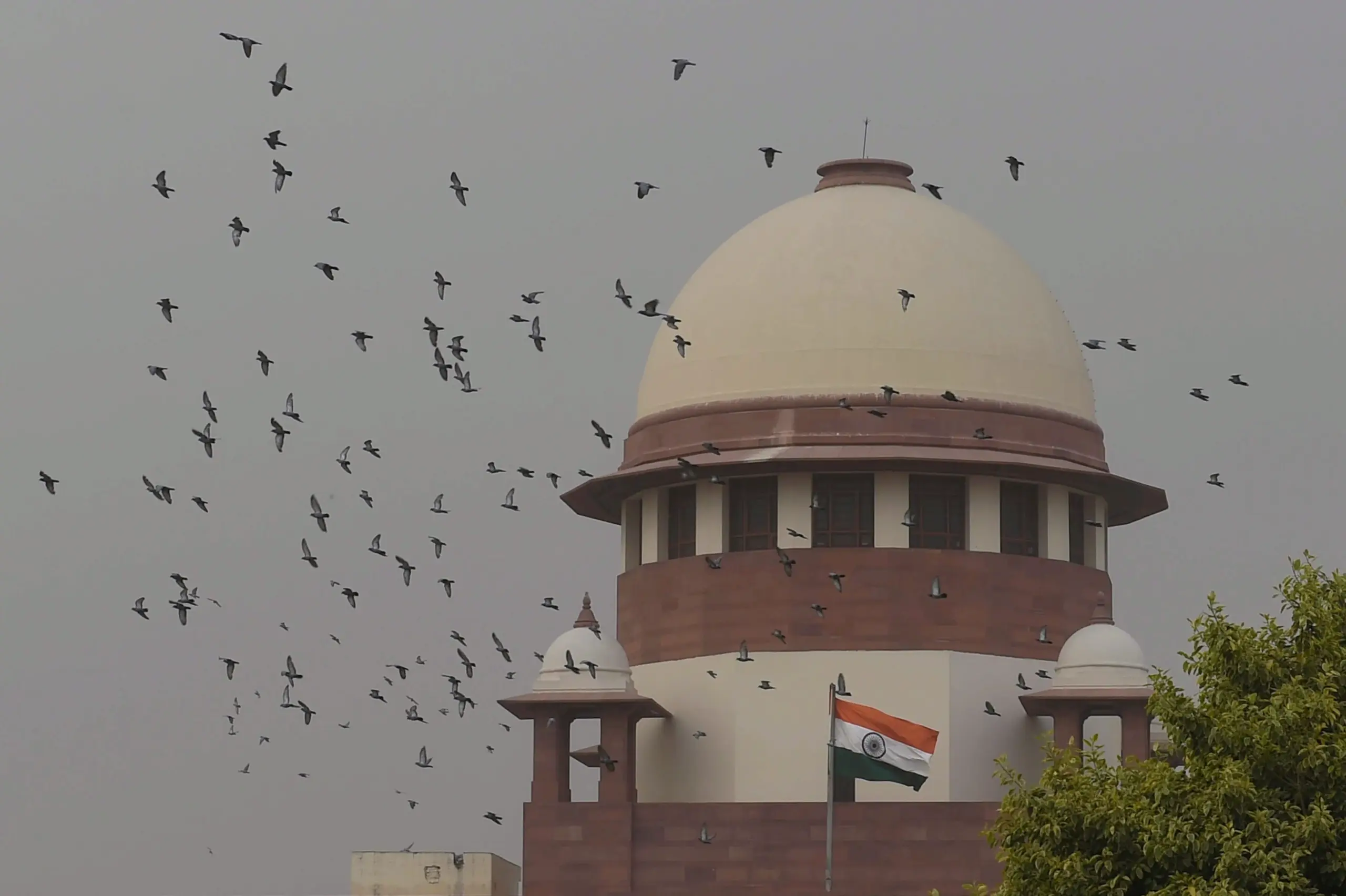New Delhi, Oct 6 (PTI) The Supreme Court on Monday said if a court travels beyond the scope of a petition, takes the parties involved by surprise and makes any strong observations, it will create a chilling effect on other prospective litigants.
A bench of Justices Dipankar Datta and K V Viswanathan made the remarks while deciding a civil dispute between the Chinmaya Mission Educational and Cultural Trust and the Cochin Devaswom Board, where the Kerala High Court has directed for fixing the licence fee in respect of a land and asked the board to conduct an inquiry through the chief vigilance officer with regard to the transaction between the board and the trust, and take necessary action based on the findings.
The bench, which partially allowed an appeal filed by the trust, said what the high court has done in the present matter is to direct the fixing of the licence fee, keeping in mind the court’s earlier verdicts, but the trust had no opportunity to explain whether the earlier verdicts had any application to the transaction in question or not.
It said further, to direct the chief vigilance officer to hold an inquiry in the “matter relating to leasing out the land to the appellant” was not warranted on the facts and circumstances of the case.
“Directions of this nature for a fishing and roving enquiry can seriously impinge upon the reputation and character of the parties. Even in a given case, if the high court was constrained to pass such directions, it ought to have put the appellants on notice,” the bench said.
“We are of the opinion that the high court was not justified in passing the directions…. The directions were far beyond the scope of the writ petition. The appellants could not have been rendered worse off in their own writ petition. What is more, the directions have been made without putting the appellants on notice,” it added.
The bench said the appellants have been completely taken by surprise with the high court’s proceedings.
“A party invokes the jurisdiction of courts being aggrieved by a certain course of action taken against him/it by the respondent. In this case, the appellants were aggrieved by the unilateral hike of the annual charges to Rs 1.5 lakh from Rs 227.25, which they were paying. The high court was justified in examining the correctness or otherwise of the said decision.
“In this case, the high court found that the respondents were justified in enhancing the annual licence fee to Rs 1.5 lakh. Having done so, it should have disposed of the writ petition by simply dismissing it,” the bench added.
The top court said it is well settled that if in an exceptional case, the court feels the need to travel beyond the scope of a writ petition and make observations, the least a party is entitled to is an opportunity to explain and defend itself.
The judges said litigants go to court for vindicating their rights when they perceive that there is an infringement and the court may, after hearing both parties, grant or deny them the relief, depending on the facts and circumstances of the case.
“…if without putting parties on notice (even in the rare and exceptional case where facts warrant), the court travels beyond the scope of the petition, takes parties by surprise and makes any strong observations and directions, it will create a chilling effect on other prospective litigants too.
“They will be left to wonder whether by going to court in matters where they perceive injustice has resulted, they will be rendered worse off than what they were, before initiating the proceedings. This could seriously impact access to justice and consequently, the very rule of law. Hence, in such matters, courts must exercise great caution and circumspection,” the bench said.
Partly allowing the appeal filed by the trust, the bench said the CVO’s inquiry was “absolutely unjustified”, apart from the fact that it was conducted in violation of the principles of natural justice.
